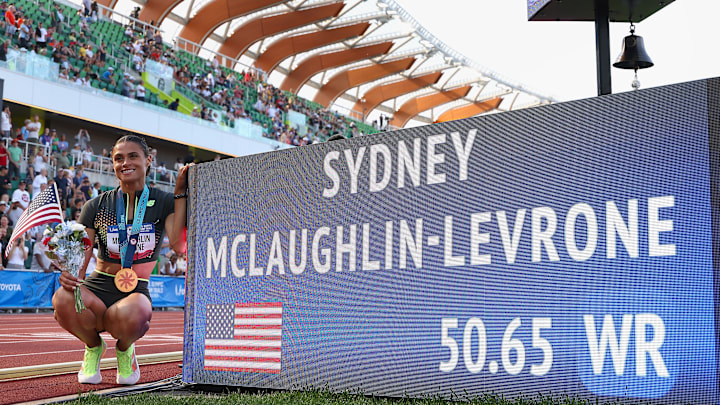As the 2024 Summer Olympics get underway along the Seine in Paris, France, many folks will be watching new sports for the first time. At the very least, we will all indulge in unfamiliar sports. It's a special, singular event. There's a reason we only get it every four years. For many athletes, there is nothing more sacred than competing for one's country on the international stage.
While basketball, tennis, and other popular sports are bound to draw legions of fans, what makes the Olympics special is that millions around the world will also tune in for badminton, gymnastics, and swimming. Heck, what about men's pommel horse? The selection is vast and for many of those watching at home, it's an opportunity to learn about world-class athletes from a variety of backgrounds and skill sets.
With new sports, however, comes unfamiliar terminology. I'm the first to admit that I don't know the specific lingo of the equestrian community, for example, but learning opportunities are there for the taking.
Several Olympic sports are reliant on raw stats to determine winners. For example, the 100 meters is all about time. Shot put comes down to distance. Those single numbers, be it minutes, seconds, or meters, are what is used to mark an athletes' place in history.
That is where the 'WR' and 'OR' abbreviations come into play.
What does WR and OR mean for the Olympics?
Simply put, 'WR' stands for World Record. 'OR' stands for Olympic Record. So, anybody who gets a gold 'WR' next to their name has accomplished something hitherto unrecorded in the history of the sport or all mankind. An 'OR' maybe doesn't soar to the same heights, but it remains a wildly impressive feat. Records are records, and that is what distinguishes the all-time greats from the merely exceptional.
It's worth noting that Olympic Record is specific to the Olympics, while a World Record can be achieved at any officially monitored sporting event.
Several Olympic records were achieved during the most recent summer games, Tokyo 2021. The U.S. in particular was on a tear, claiming two new records — men's shot put (Ryan Crouser, 23.30M) and women's 400 meters hurdles (Sydney McLaughlin, 51.46).
Sports are both timeless and ever-evolving. Athletes get better by the year, it seems, so we are sure to see new records set during this summer's games. As techniques develop and training regimens are fine-tuned, there's always a chance for somebody to break the mold and launch themselves into the history books.
